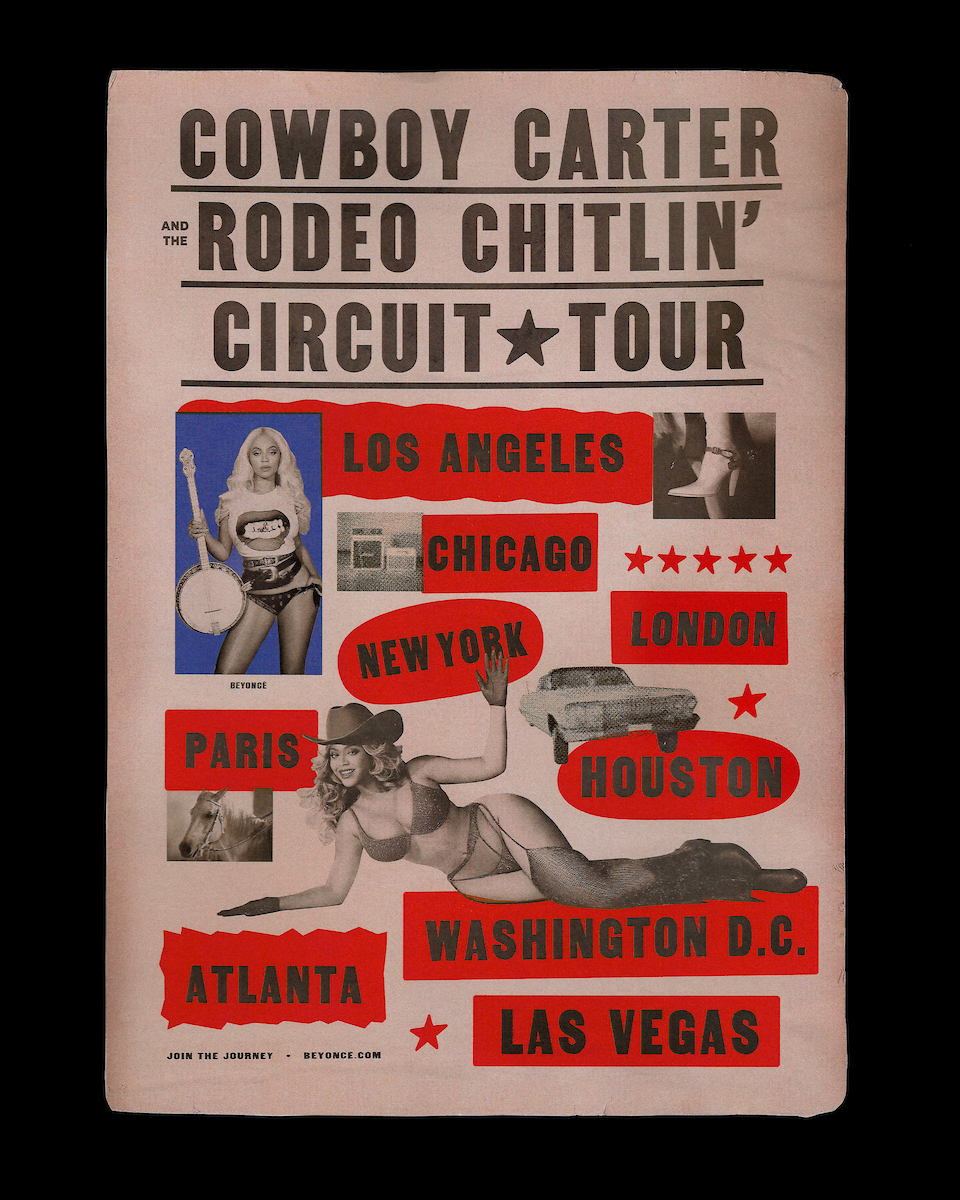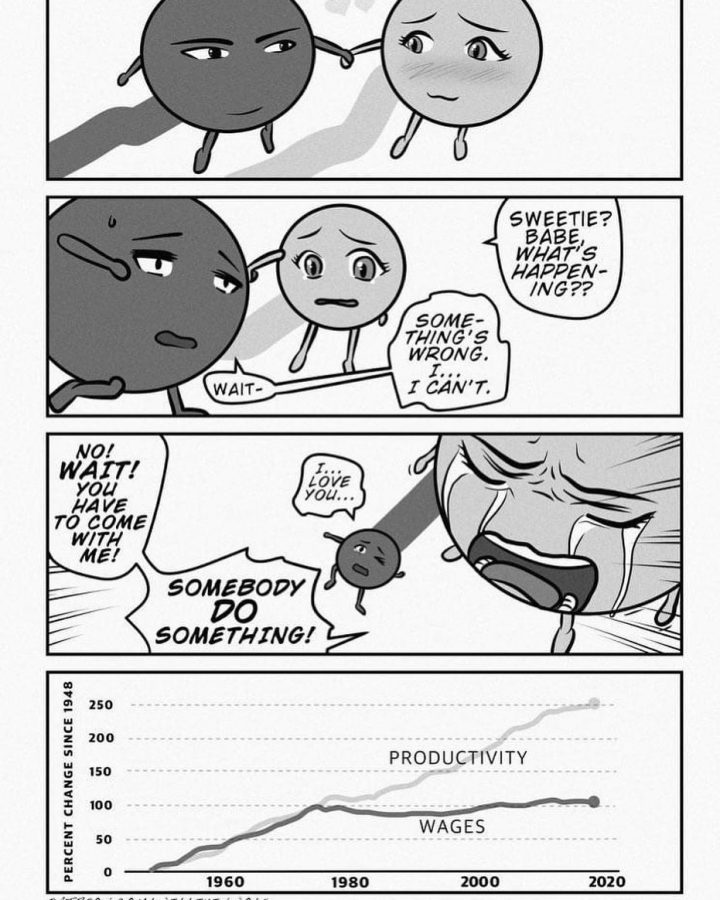On January 26, House and Senate Democrats introduced legislation that would raise the federal minimum wage from $7.25 to $15 by 2025. This piece of legislation was proposed in a $1.9 trillion COVID-19 relief package.
As Senate Budget Committee Chairman Bernie Sanders states, “I think common sense makes this point: If millions of workers receive a pay increase, there will be less dependency on public assistance, which will have a significant impact on the deficit, which means that it should be considered as part of reconciliation.”
The last time the federal minimum wage was raised was in 2009 during Barack Obama’s presidency. A minimum wage increase has quite the number of benefits not only for the working class, but also the economy.
A Cornell Law Overview explains the origins of the minimum wage. In 1938, the Fair Labor Standards Act was created in Congress to provide a minimum wage, overtime pay, record keeping requirements, and child labor regulations. The purpose of the minimum wage was to create a minimum standard of living to protect the workers in the labor force from being exploited by large corporations.
The idea of a minimum wage was thought of before 1938. In a statement by President Franklin Roosevelt in 1933, he explained that ever since his inauguration he did not want anyone to starve in the U.S.
“It seems to me to be equally plain that no business which depends for existence on paying less than living wages to its workers has any right to continue in this country…and by living wages I mean more than a bare subsistence level – I mean the wages of decent living.” – Franklin Roosevelt
Ever since the passing of the FSLA, the minimum wage would steadily increase regularly up until Ronald Reagan’s presidency, where it was $3.35 before Reagan took office in 1981. Reagan was notorious for demonizing the minimum wage, even wanting to cut it down to $2.50.
This may have to do with Reagan’s trickle-down economics or “Reaganomics”, in which he stated by reducing the expenses of corporations, the savings would trickle down to the economy, creating a prosperous middle class. Trickle-down economics is a policy that conservative presidents have continued to support even after Reagan, despite it not working, according to a study published by CBS News in December 2020.
While the minimum wage would increase after Reagan, it has not risen high enough for the working class. Nearly half of Americans are concerned that the wages they have aren’t enough to keep up with the increasing costs of living.
To make sure that Americans can have the greatest financial security, the minimum wage should be increased, better yet it should be increased parallel with worker’s productivity. As explained by senior economist Dean Baker, if the minimum wage had kept up with worker’s productivity, then the minimum wage would be $24 an hour. A study published by the EPI shows that from 1979 to 2018, net productivity has increased 69.6%, while hourly compensation has only increased 11.6%.
There are quite a number of benefits to increasing the minimum wage. In a fact sheet released by the Committee On Education & The Workforce Democrats, they dispel a number of claims made about raising the minimum wage. It would: increase worker productivity, reduce turnovers, and reduce absenteeism. As for the economy, increased wages would not kill jobs, would increase consumer spending and boosts the economy, and would benefit low-wage workers, putting additional income into the economy.
Increasing the minimum wage has a lot of support, including 80% of business executives and 60% of small businesses. Among parties, an increase has bipartisan support, including 92% of Democrats, 73% of Independents, and 53% of Republicans.
Even with the benefits of raising the minimum wage, many conservatives have spread misinformation about increasing the minimum wage. For instance, they have said that companies would raise all of their prices if the minimum wage increased. This can be disproven with one major example: the Big Mac Index. According to a 2014 study, a Big Mac in the U.S. only costs $4.80, while a Big Mac costs $5.15 in Denmark, only an increase in $0.35. In fact, in 2021, a Big Mac in Denmark today costs DKr30.00 ($4.87 in U.S. Dollars), while a Big Mac today costs $5.56.
While Denmark does not have a minimum wage, the power of unions is quite high to where most wages are about DKr110.00 (or roughly $16.60 in U.S. Dollars). Compared to the U.S., unions have a negative connotation attached to them, thus decreasing their power.
Another complaint is that “burger flippers” would make the same amount of money as a teacher or a doctor. This is false however, as the wages of teachers and doctors would raise as well. In fact, teachers aren’t paid enough and barely have enough supplies. Many teachers spend their own money on school supplies.
Finally, many conservatives claim that small businesses would be hurt by increasing the minimum wage. In fact, it would be beneficial to small businesses. While they might have to initially cut expenses, increase prices, and reduce hours, they would not have to do that for the long run, as they would make up with more customers with a disposable income to spend on goods and services and would have more loyal and productive workers. Also, many states would allow small businesses to gradually compensate for a minimum wage increase over many years.
While raising the minimum wage to $15 would be great, it may not be enough as the buying power would be only $16.88 in 2025. If the minimum wage was increased today, it would lift the pay of nearly 40 million workers. Although a $24 an hour minimum wage is desirable, $15 is a decent start.
Comic courtesy of Willikin Wolf. Twitter: @WillikinWolf





































